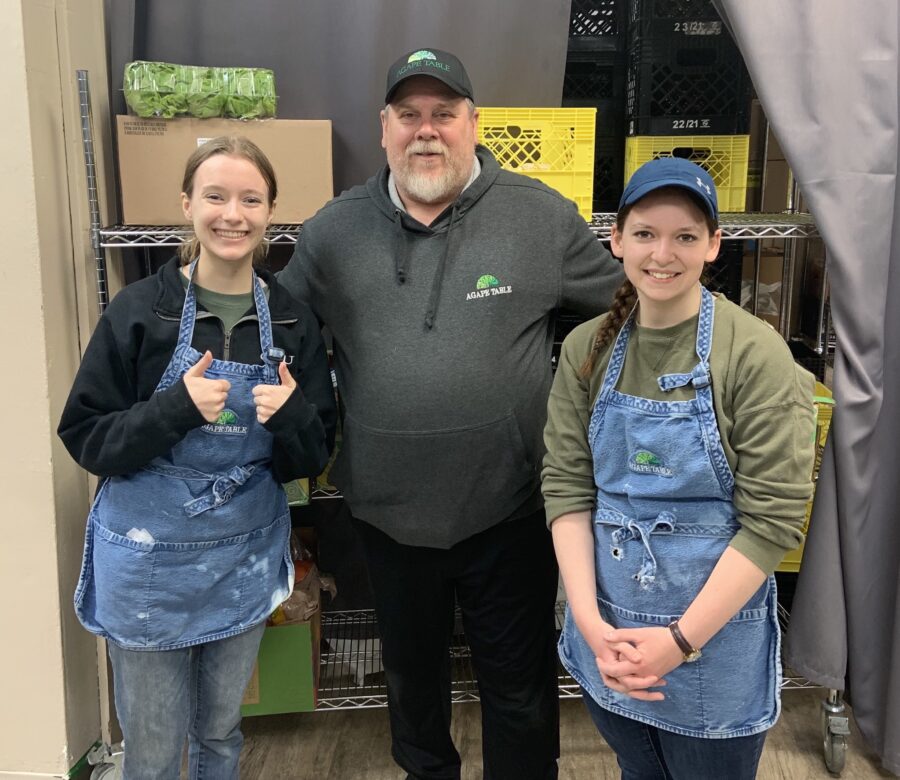I spent last semester learning about and practicing community-based development and local participatory methods in Kenton Lobe’s Participatory Local Development course.
I’ve since concluded that the world doesn’t always need my participation nor my attempts at development.
However. I desperately need to participate. I might not need to change the world, but rather I might need the world to change me.
Through our seminar-style class which assembled every Wednesday night, we engaged such themes and questions. We looked at methods for mobilizing local communities to address complex and intractable issues, working through three overarching questions:
- Development of what?
- Why local?
- Whose participation?
Although we consulted the work of development scholars and composed critical reflection papers on the subject, much of our learning happened through less conventional methods. Kenton rarely gave lectures. Instead, we drew. We moved. We debated and argued and disputed and discussed. We tried out participatory methods for ourselves, practicing facilitation, time-keeping, workshopping, and consensus decision-making.
In an intense and drawn-out process, we also managed to collectively determine an appropriate final project for the class: eight hours of volunteering for an organization working on food insecurity and a final reflection on the experience. (This blog post is in fact my final reflection!)

I ended up volunteering for Agape Table alongside my classmate Kat. This local non-profit organization cares for Winnipeg’s most vulnerable populations by distributing bagged meals, clothing, and hygiene products.
Kat and I woke up bright and early to make it across town for our 7:00 AM shift. When we arrived there was little fanfare, just some cursory directions about our respective tasks. We promptly began bagging lunches, working alongside a dozen other volunteers to get the food out the door.
I was tasked with putting soup containers into paper bags, an admittedly menial job. I had to wait for the volunteer ahead of me to ladle out the soup and close the lid, and I found myself standing around, waiting, with little to do. Truthfully, this was rather humbling. Although I didn’t delude myself into thinking this four-hour shift was going to save the world, I expected to at least feel useful.
Thankfully, the pace picked up later in the shift, until we were encouraged to take a break. Although probably intended as a 15-minute pause, Kat and I began to visit with Agape Table’s General Manager Dave Feniuk, and our break turned into nearly an hour of idleness.
I found our conversation with Dave fascinating, as he shared about Agape Table’s work, different complications they’d faced, their core values, and advice for working in the non-profit world. Even so, I felt guilty for taking such a long break. Shouldn’t I be on the floor, contributing to that morning’s work?
Eventually we resumed our tasks, but by the time I left, I was questioning how much of a help I’d even been. I was new and needed direction from the more experienced volunteers. I hadn’t put in very many hours of work. And the work I did do wasn’t anything extraordinary.
Truly, I was not essential. The success of Agape Table that morning didn’t depend on me and my labour. My presence for those four hours wasn’t changing the outcome of the morning. I wasn’t saving the world through my volunteering, nor saving Winnipeg from food insecurity.
So what’s the point, then? Why bother volunteering at all?
I’ve wrestled with this question in the days since my first shift. I’ve concluded that although my volunteering doesn’t necessarily change the wider world, it does change my world.
In that first shift, which lasted little more than four hours, I learned a lot. I learned about Winnipeg and the neighbourhood Agape Table serves; about food insecurity, homelessness, addiction, and desperation; and about generosity, service, and the unconditional love this organization practices.
And I found myself inspired and energized. Even as I felt redundant and expendable, I wanted to come back! I desired to join the team, become more knowledgeable, and broaden my perspective.
I also found myself appreciating the simplicity and the repetition of the tasks. It was a different pace from the urgency of university life, as well as a different context. Further, my life at CMU sometimes become shockingly insular as I spend most of my time on campus. Agape Table reminded me of the wider community, while challenging me to slow down and be present. Plus, there was a deep satisfaction in the doing. Paradoxically, the work felt meaningful, even as my individual contributions felt insignificant. Just by showing up, I felt like I was part of something important.
I’m eager to return to Agape Table; Kat and I are already talking about making a volunteer shift a regular part of our schedule and discussing how we might persuade others to join us.
Because volunteering isn’t always about the outcome. It’s rarely going to eliminate hunger, overcome homelessness, or quantifiably change the world. And yet, it’s important all the same.
So, I encourage you to participate in your community. Not to achieve some measurable goal, or for the praise, or to feel important. Do it for the transformation that occurs in the doing. There is such immense personal growth that occurs in the process of working for change. Your contributions to the world—although important in their own right—are absolutely revolutionary for you, your perspective, and your understanding of the world.
Hannah Peters is a third-year Bachelor of Arts student, majoring in political studies.

